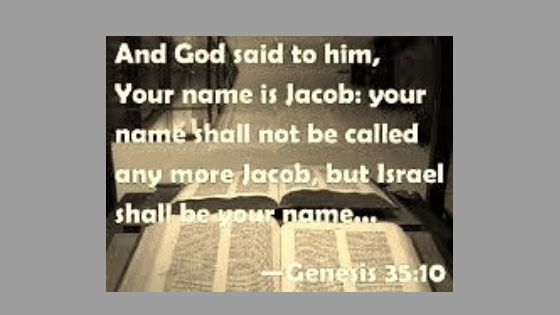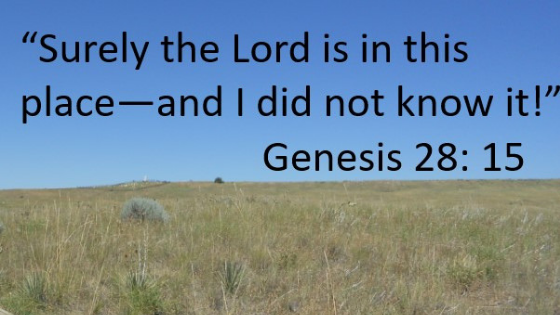
Shabbat Table Talk
Parashat Emor – Erev Shabbat 04 May 2018
Week of 29 April -05 May 2018
Torah portion: Leviticus 21:1-24:23 Haftarah: Ezek. 44:15-31
Theme: A YES for HOLINESS
The invitation to holiness rings all the louder in the texts of this week’s Parashat Emor. As Leviticus 21-24 details the guidelines on the holiness of priests and sacrifices and the prohibitions to avoid defilement and desecration of sacred space, we hear “G-d speaks and G-d’s intention is to make holy”. What does a yes for Holiness ask of us? This week’s parashat gives us the clues.
Obedient LISTENING
The parashat opens with G-d commanding Moses to “speak and say”, repeated around 17 times, this command becomes “antiphon” to each section of the texts. This repetition is intentional. Obedience (Latin “ab audire”, to listen) is central to the chosen people’s relationship with G-d, as had been shown in the lives of the Patriarchs, Judges, Prophets, Kings and Priests. Listening to the voice of the One who created us is good for us. The triumph of holiness in us begins from this stance of listening.
FINDING G-D in the rhythm of our life
Leviticus 23 beautifully fixes the times for G-d, and measures time as “mo’adim”, times of meeting God, or as Rabbi Sachs puts it seeing time as the “arena of the Divine-human encounter”1.
G-d entered human history through the Chosen People and since then, our life has been so suffused with this Divine nearness. The Jews witness to and celebrate this truth each week in their Shabbat and in fixing times in their faith calendar, as “set times for the Lord” (Leviticus 23:44).
Hallowing time however, may prove to be a challenge for today’s generation. The tendency to hoard the 525,600 minutes of a year and the irreverent stance of “time is gold and it is mine” block the joyful discovery of G-d speaking to us G-d’s faithful love in the surface rush of things and in the tensions of everyday life. Our Yes to holiness sets us on the road of discovering G-d, who not only moves in the rhythm of our lives – in all its twists and turns, griefs and sorrows, and everything in-between- but as the Lord of Time and Seasons.
Easing Out the Ego
Emor ends with the curious story of the blasphemer who was sentenced to death. Interestingly, as one commentary pointed out, the Hebrew word used in the verse for “you shall not desecrate” (תְּחַלְלוּ ) the name of God stems from the verb that also means “a vacuum” (חָלַָל ). Blasphemy, whose root is קלל was meant to make a vacuum (root is חלל).2 From this we can glean that when one blasphemes or desecrates G-d’s Name, one eases G-d out. Maimonides explains that if a Jew, particularly a highly regarded Jew, behaves in an apparently inappropriate manner he has desecrated G-d, as G-d is absent in that reality.3 The psychotherapist Wayne Dyer defines EGO as Easing God Out. G-d no longer occupies space, G-d no longer matters. Consequently, a person’s action then is devoid of G-d, of love, goodness, compassion, forgiveness, dialogue, tolerance for diversity. I believe much of the world’s woes and problems stem from our egos going berserk!
Parasha Emor urges us to concentrate on easing out our ego so that G-d can take G-d’s rightful place in our hearts, in our families, in our communities, in our world.
For Reflection and Discussion: In this week’s parashat: Where am I saying Yes? Where Am I struggling? What are the subtle ways in which we ease G-d out in our lives?
Bibliography: David L. Lieber, et al Etz Hayim Torah and Commentary , The Rabbinical Assembly, 2001
1Rabbi Jonathan, Covenant and Conversation, May 7, 2011
Rabbi David Lipper , Just a Little Time , May 3, 2007
Dr. Wayne Dyer, The Shift (YouTube link)
2 Parashat Emor: Do our Hearts Have Room for God? (link)
3 ibid
This week’s teaching commentary is by
Shela Mae D. Jaso, Davao City, Philippines. Bat Kol Alumna 2017
Email address:smcjaso@addu.edu.ph
[Copyright © 2018]
…………………………………………………
PLEASE NOTE: The weekly Parashah commentaries represent the research and creative thought of their authors, and are meant to stimulate deeper thinking about the meaning of the Scriptures. While they draw upon the study methods and sources employed by the Bat Kol Institute, the views and conclusions expressed in these commentaries are solely those of their authors, and do not necessarily represent the views of Bat Kol. The commentaries, along with all materials published on the Bat Kol website, are copyrighted by the writers, and are made available for personal and group study, and local church purposes. Permission needed for other purposes. Questions, comments and feedback are always welcome.
………………………………………………
Bat Kol Institute for Jewish Studies, Jerusalem
~~1983–2018~~
“Christians Studying the Bible within its Jewish milieu, using Jewish Sources.”
Website: www.batkol.info; Parashat Admin: gill@batkol.info



